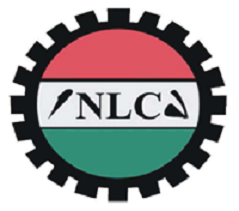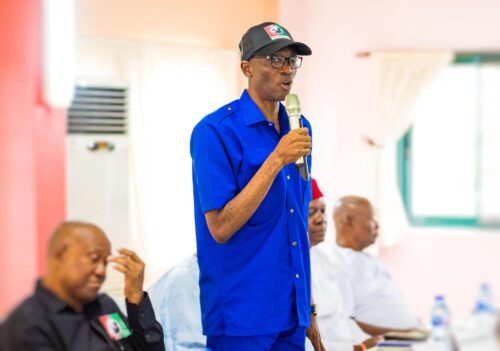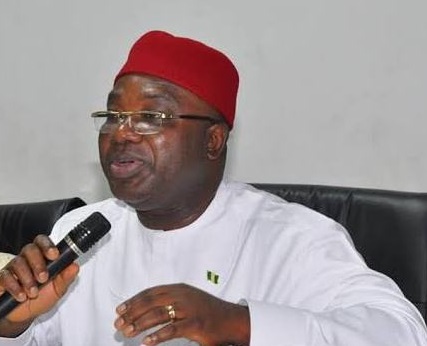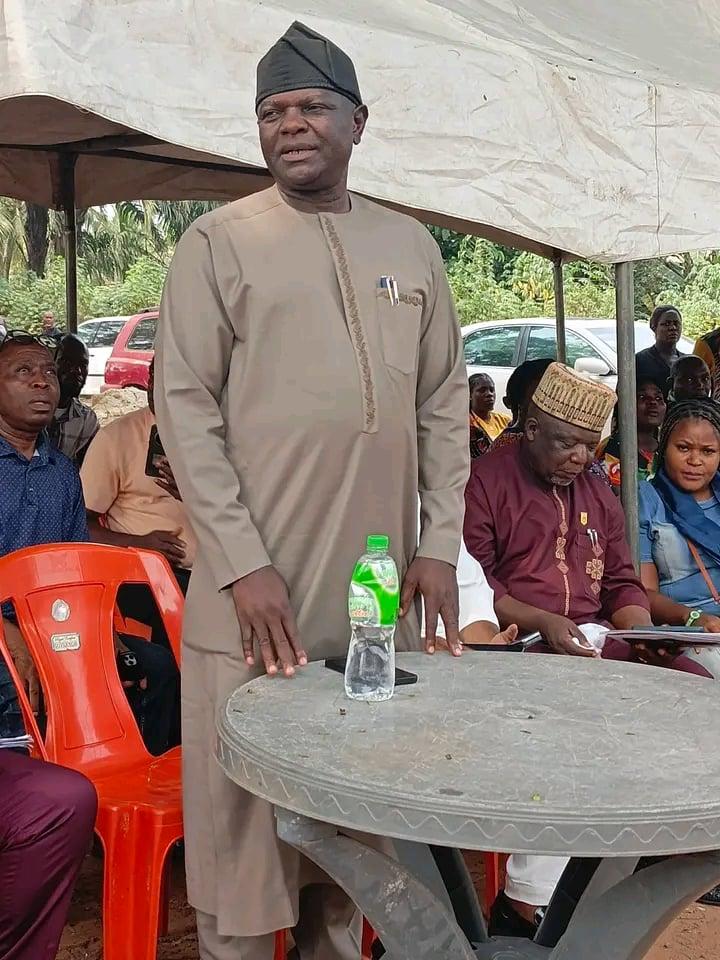Unfavourable labour policies and workers’ rights

The International Labour Organisation (ILO) Convention on Workers’ Rights, stressed the need for workers to work under favourable and conducive environment.
The ILO also identified eight fundamental conventions: freedom of association, collective bargaining, elimination of all forms of forced or compulsory labour, equal remuneration, among others.
However, stakeholders say that these rights elude great percentage of Nigerian workers.
The predicament of Nigerian workers came to the fore recently during the inaugural meeting of the International Lawyers Assisting Workers (ILAW).
Mr Jeffery Vogt, the Chairman, Board of ILAW, noted that countries had reneged on their promises to abide by ILO convention.
Vogt said that many countries that signed the ILO convention have in one way or the other refused to honour it.
He listed Nigeria as one of the defaulting countries, adding that ILAW, Nigeria, would defend the rights of workers and the trade unions.
Vogt said that violation of workers’ rights was becoming a major fundamental problem worldwide.
According to him, it was obvious that workers and trade unions were struggling worldwide, which showed that their rights were being violated in one way or the other.
Vogt stated that the rights of workers to organise and protest were daily being restricted, in violation of the ILO convention.
He noted that it had become absolutely imperative to have the best advocate under the ILAW to champion the rights of Nigerian workers.
He noted that a platform for lawyers and the Nigeria Labour Congress (NLC) to engage one another and share experiences was necessary in order to fight and protect the rights of workers.
“Lawyers in the world and across the cities must stand and bring justice for working people.
“I have related with trade unions across the world and found out fundamentally that we are all confined to the same thing, though names of employers and the workers may be different,” he said.
Mr Festus Keyamo (SAN), the Minister of State for Labour and Employment, said that labour laws in the country were obsolete, which he said gave rise to unfavorable policies.
He said that there was need for urgent review of the laws.
Keyamo said that there was need for stakeholders to collaborate and make their input on ways to review the obsolete laws in accordance with modern reality.
The minister stated that an executive bill was also imperative for a review of labour laws, noting that most of the labour laws in place at the moment were not pro workers.
According to him, I do agree that most of our laws are obsolete and not pro workers, but majorly pro employers, but the Federal Government alone should not be the driver of the process to overhaul the country’s labour laws.
NLC President Ayuba Wabba, noted that some of the unfavourable policies had impoverished the workforce, in spite being the most important factor of production.
The NLC president stated that Nigeria workers and trade unions had been at the receiving end of unfavorable policies of the government and private sector.
He said that there was need for labour union to approach the issue of casualisation, unceremonious disengagement and other vices targeted at workers without due process.
Wabba stated that both government and private sector policies across the country needed a total overhaul, noting that there was need for coordinated synergy between the NLC and ILAW to address the challenges.
According to Wabba, human and trade union rights are interwoven, and lawyers that engage in labour and human rights issues are themselves activists, championing the course of workers.
He said both the labour union and ILAW are now poised to defend the rights of workers in a more coordinated way in Nigeria and globally.
Wabba said that Nigeria has progressive laws to handle the issue of employers and employees relations, but noted that in most cases those laws were violated either by employers or government.
Mr Joe Ajaero, the President, United Labour Congress, stressed the need to review obsolete laws that were not in tune with present realities.
He said that a situation where some private sector employers pay their employees N10, 000 and N15, 000 were unacceptable.
Ajaero said that some sectors needed to be unionlised in order for them to have a voice and fight the injustice being meted out to them by their employers.
He said that such group of workers who were being paid pittance by their employers must be assisted to compel their employers treat them fairly.
A legal practitioner, Mr Adedeji Emmanuel, said that Nigeria lawyers were willing to help in the protection and defence of workers’ rights.
He stated that ILAW, Nigeria, as a network would provide support for workers whose rights were being violated, adding that pressure would be exerted on employers of labour to respect the rights of workers.
NAN










